
Bipolar Disorder-Overview
Also called manic depression, it is a psychiatric disorder characterized bymood swings that range from the highs of mania to the lows of depression. Mood shifts may happen only a couple of times a year, or,in some cases, as often as several times a day. At times, bipolar disorder maycause symptoms of depression and mania at the same time.
Episodeduration varies from person to person, but it usually lasts for several weeks.
Bipolar disorder often develops in a person's late teens or early adultyears. At least half of all cases start before age 25. Some people have their first symptomsduring childhood, while others may develop symptoms late in life.Bipolar disorder is hard to spot when it first starts. The symptoms may seemlike separate problems, and not be recognized as parts of a larger problem.Some people suffer for years before they are properly diagnosed and treated. It is a long-term illness thatmust be carefully managed throughout a person's life.
Causes of Bipolar Disorder
Although there have been some extensive research in this field, it stillremains unknown what the actual cause of this condition is. However, there areseveral factors that seem to be involved in causing and triggering episodes. Theseare: hormones (imbalance in the hormone levels may trigger an episode),genetics (this condition is far more often with people that already havesomeone in the family that suffers from bipolar disorder), imbalance in neurotransmitters(naturally occurring brain chemicals), stress, abuse, or traumatic experiences,etc.
Symptoms of Bipolar Disorder
The exact symptoms of bipolardisorder vary from person to person. For some, the depression is what causesthe most problems; for other people manic symptoms are the main concern.Symptoms of depression and symptoms of mania or hypomania may also occurtogether. This is known as a mixed episode.
Manic symptoms of this condition are: agitation, makingunwise financial choices, euphoria, extreme optimism, lack of concentration,risky behavior (concerning alcohol, drugs, sex, etc.), decreased need forsleep, inflated self-esteem, etc.The symptoms of depression are: low appetite, hopelessness, anxiety, sadness,fatigue, loss of interest, chronic pain without any cause, irritability,suicidal thoughts, sleep problems, guilt, etc.
Bipolar Disorder Treatment
If one has experienced symptoms of manic depression, it is important that theyconsult a doctor immediately. This type of disorder does not go on its own. It cansignificantly disrupt a person’s life and the lives of their loved ones.This condition requires life-long treatment. A number of medications are usedto treat manic depression.
The doctor might prescribe lithium, antipsychotics,benzodiazepines, antidepressants, anticonvulsants, or, Symbyax. The psychiatristwill determine the type of medication to be prescribed based on variousfactors, such as the severity of the symptoms, the type of manic depression,etc. Beside medication, a person will need psychiatric therapy.



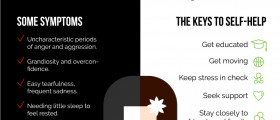
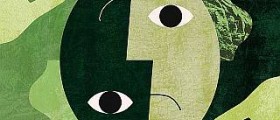

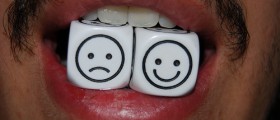

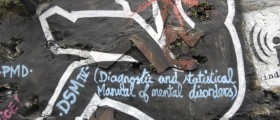


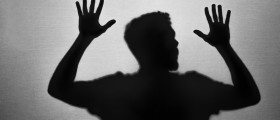


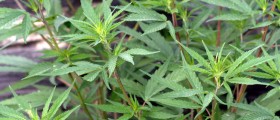


Your thoughts on this
Loading...